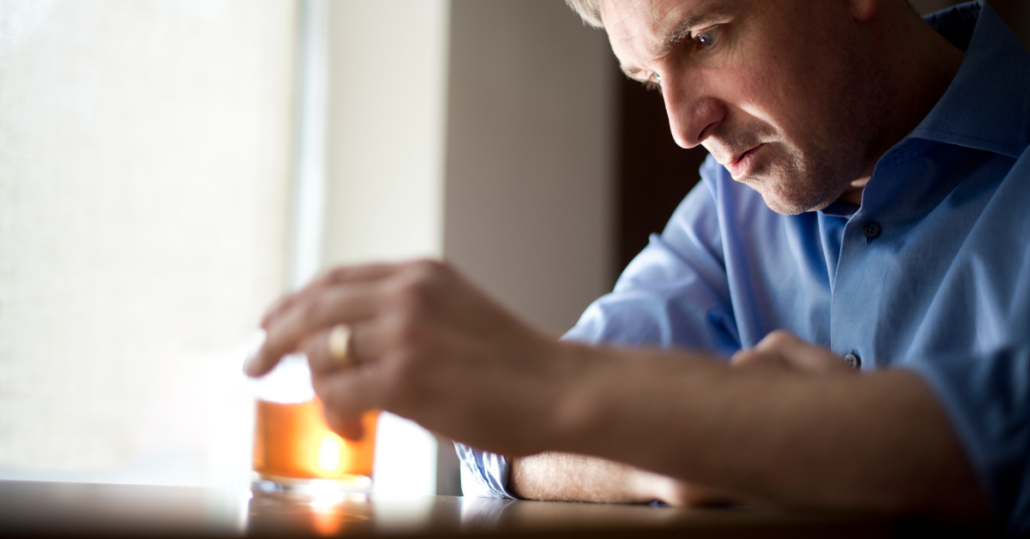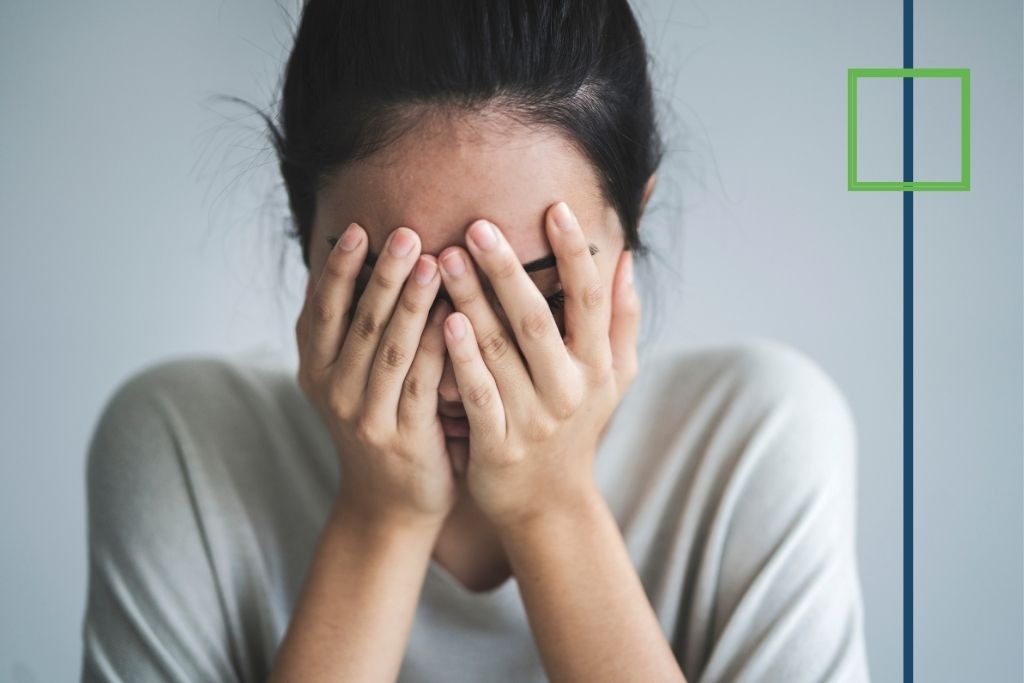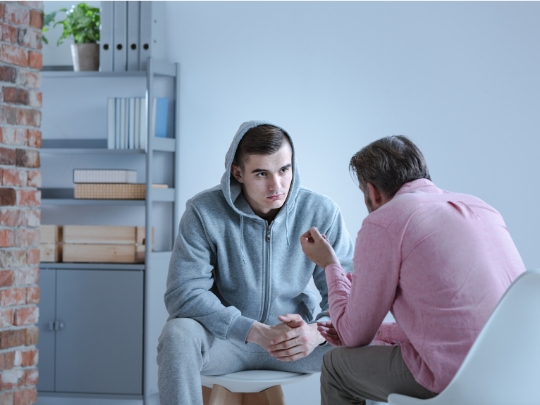What is Cymbalta? (Duloxetine)
Cymbalta and Alcohol should be avoided. It may worsen your symptoms, and it can be dangerous. Cymbalta is a drug used to treat a major depressive disorder, generalized anxiety disorder, fibromyalgia, neuropathic pain, and central sensitization. It is marketed under the trade names Duloxetine and others. It is consumed orally. It is an inhibitor of serotonin-norepinephrine reuptake.
In addition, Cymbalta may enhance your mood, sleep, appetite, and energy level and reduce nervousness. It is also used to help relieve nerve pain (peripheral neuropathy) in people with diabetes or ongoing pain due to medical conditions like arthritis, chronic back pain, or fibromyalgia (a condition that causes widespread pain). It can also lessen discomfort brought on by some medical disorders. Serotonin-norepinephrine reuptake inhibitors include Duloxetine (SNRI). This drug works by assisting in the brain’s natural chemical balances of serotonin and norepinephrine.
It is also used to treat ongoing bone or muscle pain, such as lower back pain or osteoarthritis (joint pain or stiffness that may worsen over time) in adults. Duloxetine is in a class of medications called selective serotonin and norepinephrine reuptake inhibitors (SNRIs). It works by increasing the amounts of serotonin and norepinephrine, natural substances in the brain that help maintain mental balance and stop the movement of pain signals in the brain.
Do not stop taking Duloxetine, even when you feel better. Your healthcare provider will assess how long you need to take medicine with your input. Missing doses of Duloxetine may increase your risk for relapse in your symptoms. Stopping Duloxetine abruptly may result in one or more of the following withdrawal symptoms: irritability, nausea, feeling dizzy, vomiting, nightmares, headache, and paresthesias (prickling, tingling sensation on the skin).
Skip To:
- What is Cymbalta?
- Cymbalta and Alcohol Interaction
- Cymbalta 30 mg and Alcohol
- Cymbalta 60 mg and Alcohol
- Alcohol and Cymbalta Effects
- Alcohol and Cymbalta Side Effects
- Cymbalta and Alcohol Blackouts
- Cymbalta and Alcohol Cravings
- Cymbalta and Alcohol Liver Damage
- Worsened Depression
- How much Alcohol can you drink on Cymbalta
- Cymbalta and Alcohol Withdrawal
- Finding the Next Level of Treatment At We Level Up NJ
Learn More:
Get Help. Get Better. Get Your Life Back.
Searching for Accredited Drug & Alcohol Rehab Centers Near You? Or Mental Health Support?
Even if you have failed previously, relapsed, or are in a difficult crisis, we stand ready to support you. Our trusted behavioral health specialists will not give up on you. Call us when you feel ready or want someone to speak to about therapy alternatives to change your life. Even if we cannot assist you, we will lead you wherever you can get support. There is no obligation. Call our hotline today.
FREE Addiction Hotline – Call 24/7Cymbalta /Duloxetine Facts
Duloxetine
Duloxetine, sold under the brand name Cymbalta among others, is a medication used to treat major depressive disorder, generalized anxiety disorder, fibromyalgia, neuropathic pain and central sensitization. It is taken by mouth. It is a serotonin–norepinephrine reuptake inhibitor.
CAS ID: 136434-34-9
Molar mass: 297.4146 g/mol
ChEMBL Id: 1175
ChemSpider ID: 54822
Boiling point: 466.2 °C
IUPHAR ID: 202
Metabolism: Liver, two P450 isozymes, CYP2D6 and CYP1A2
Drug class
Duloxetine belongs to a group of medicines known as selective serotonin and norepinephrine reuptake inhibitors (SSNRIs).
Indications
Duloxetine is a medication used to manage major depressive disorder (MDD), generalized anxiety disorder (GAD), fibromyalgia, diabetic peripheral neuropathy, and chronic musculoskeletal pain. Off-label uses for Duloxetine include chemotherapy-induced peripheral neuropathy and stress urinary incontinence.
Cymbalta and Alcohol Interaction
There are 3 duloxetine interactions with alcohol that may also be linked to food and lifestyle. Caffeine may increase the blood levels and effects of Duloxetine. You may need a dose adjustment or more frequent monitoring by your doctor to use both medications safely.
This drug may harm the liver, and consuming alcohol while taking it may worsen this risk. Duloxetine alcohol interaction should be avoided or moderated. You should seek medical attention right away if you have any of the following: fever, chills, joint pain or swelling, extreme fatigue or weakness, unusual bleeding or bruising, skin rash or itching, appetite loss, nausea, vomiting, dark urine, or yellowing of the skin or the whites of your eyes.
Cymbalta is frequently recommended to treat depression, although it can occasionally cause emotional instability. Alcohol may also lessen the medication’s efficacy when used with it. This could make anxiety and depressive symptoms worse.
Cymbalta 30 mg and Alcohol
As prescribed by your doctor, take this medication by mouth 1–2 times daily with or without meals. Taking this medication with meals may help if you experience nausea. Completely inhale the pill. Do not chew, crush, or combine the capsule’s contents with anything other than water or food. This might cause the medicine to leak completely all at once, raising the possibility of negative effects.
Your age, health status, and treatment response all factor into the recommended dose. Your doctor might advise you to start this medicine at a low dose and gradually raise it to lower your chance of experiencing adverse effects. To reap the greatest benefits from this drug, take it frequently. Take it at the same time(s) every day to aid with memory.
Cymbalta 60 mg and Alcohol
Cymbalta 60 mg raises the neurological system’s amounts of serotonin and noradrenaline. Adults take Cymbalta to treat depression. disordered generalized anxiety (chronic feeling of anxiety or nervousness). Before raising the dosage to 60 mg once a day, some individuals may start with 30 mg once daily for a week. Children over the age of 13: Initially, 30 mg once daily. If necessary, your doctor could raise your dosage. The dosage, nevertheless, is often limited to 60 mg per day.

Get Your Life Back
Find Hope & Recovery. Get Safe Comfortable Detox, Addiction Rehab & Mental Health Dual Diagnosis High-Quality Care at the We Level Up Treatment Centers Network.
Hotline (877) 378-4154Alcohol and Cymbalta Effects
People who take duloxetine with alcohol may experience effects such as reduced motor reflexes and dizziness. The drug Cymbalta is quite effective. When used with other drugs like alcohol, it might have detrimental consequences on your health. On their own, duloxetine and alcohol can each cause liver harm and signs of depression.
Can I drink alcohol with duloxetine? Avoid drinking alcohol or using illegal drugs while you are taking antidepressant medications. They may decrease the benefits (e.g., worsen your condition) and increase the medication’s adverse effects (e.g., sedation). Alcohol increases the risk of liver problems with duloxetine.
Interestingly, because each person has a different genetic makeup and tolerance level, it is hard to predict how alcohol Duloxetine combination affect them. Duloxetine and alcohol should never be used since there is a potential for mild, moderate, or severe adverse effects.
Comfortable Facilities & Amenities
High-Quality Addiction & Mental Health Rehabilitation Treatment
Rehab Centers TourRenowned Addiction Centers. Serene Private Facilities. Inpatient rehab programs vary.
Addiction Helpline (877) 378-4154Proven recovery success experience, backed by a Team w/ History of:
15+
Years of Unified Experience
100s
5-Star Reviews Across Our Centers
10K
Recovery Success Stories Across Our Network
- Low Patient to Therapist Ratio
- Onsite Medical Detox Center
- Comprehensive Dual-Diagnosis Treatment
- Complimentary Family & Alumni Programs
- Coaching, Recovery & Personal Development Events
Alcohol and Cymbalta Side Effects
Mixing both substances may create different duloxetine and alcohol side effects depending on the dose. Many people feel stimulated and strengthened at low doses of alcohol and duloxetine. Mixing a small amount of alcohol and duloxetine is not recommended.

Side effects of duloxetine alcohol combination can include:
- Dizziness
- Sluggishness
- Drowsiness
- Shortness of breath
- Itching
- Hives
- Palpitations
- Respiratory Depression
- Cardiac Arrest
- Coma
- Seizures
- Death
Cymbalta and Alcohol Blackouts
In extreme situations, using drugs like Cymbalta can result in major health issues, including liver damage. Additionally, amitriptyline and alcohol consumption together may cause blackouts.
Cymbalta and Alcohol Cravings
Some data suggest Cymbalta usage may lead to increased alcohol cravings. When using Cymbalta with alcohol, there are anecdotal reports of patients having greater drunkenness and blackouts, although these adverse effects have not been well-researched.
Cymbalta and Alcohol Liver Damage
Can you drink alcohol with Duloxetine? Drinking alcohol while taking Cymbalta increases the risk of liver damage in addition to making depression worse. On their own, Side effects of Cymbalta and alcohol can potentially harm the liver. When combined, the danger increases, particularly if you consume numerous beverages at once.
Worsened Depression
Some adolescents on Cymbalta may become anxious, irritated, or exhibit other strange behaviors. Additionally, it could make some people sad or have suicidal thoughts and impulses. Some patients may feel worse rather than better when beginning drugs like Cymbalta or adjusting the dose. You may sense more tense, restless, hostile, aggressive, and impulsive and feel like you are not yourself or become less hindered. You may have thoughts of suicide, hurting yourself or other people.
How much alcohol can you drink on Cymbalta?
Alcohol use is discouraged while using Cymbalta since it might intensify side effects, raise your risk of liver damage, and decrease the drug’s effectiveness in treating your anxiety or depression. Always heed the counsel of your healthcare expert when it comes to health.
Can you drink alcohol while taking Duloxetine? Alcohol with Cymbalta may intensify the effects of both drugs. Any negative affects you encounter with either Cymbalta or alcohol will probably be harsher when these two drugs are combined than they would be with just one since they both work on the brain similarly and influence the same molecules.
World-class, Accredited, 5-Star Reviewed, Effective Addiction & Mental Health Programs. Complete Behavioral Health Inpatient Rehab, Detox plus Co-occuring Disorders Therapy.
CALL (877) 378-4154End the Addiction Pain. End the Emotional Rollercoaster. Get Your Life Back. Start Drug, Alcohol & Dual Diagnosis Mental Health Treatment Now. Get Free No-obligation Guidance by Substance Abuse Specialists Who Understand Addiction & Mental Health Recovery & Know How to Help.
Cymbalta and Alcohol Withdrawal
According to some research, taking Cymbalta after quitting drinking may help those experiencing alcohol withdrawal. For certain people under specific conditions, Cymbalta can lessen some anxiety sensations and other withdrawal symptoms from alcohol.[2]
While on duloxetine can you drink alcohol? According to one study, a low dose of Duloxetine during therapy dramatically reduced alcohol consumption. The study also discovered that a decline followed this decline in drinking behaviors linked to anxiety. Some research suggests that Duloxetine may be useful in lessening anxiety-like behaviors and alcohol intake, which may make it useful as a treatment during alcohol withdrawal.[3]
Always be conscious of potential dangers while consuming alcohol or other drugs. Please don’t assume that since drinking was permitted while taking one antidepressant, it would be permitted because each medicine is unique.

Never self-prescribe Cymbalta for alcohol withdrawal symptoms; it should only be used as prescribed by a doctor. Depending on your circumstances, the doctor should evaluate the advantages and disadvantages of using Cymbalta for alcohol withdrawal symptoms.

Finding the Next Level of Treatment At We Level Up NJ
Recognizing the signs of drug abuse is not only for trained professionals. Family and friends are the first lines of attack against an advancing drug problem. One of the best responses to witnessing the signs is to talk to a qualified counselor about how to get help.
If you’ve tried to quit in the past but ended up drinking or using, that’s a clear sign you need professional help. Get them the safest service they need and deserve. Our team at We Level Up NJ specializes in creating an ideal environment and providing effective therapies.
Experience Transformative Recovery at the We Level Up Treatment Center.
See our authentic success stories. Get inspired. Get the help you deserve.



Start a New Life
Begin with a free call to an addiction & behavioral health treatment advisor. Learn more about our dual-diagnosis programs. The We Level Up treatment center network delivers various recovery programs at each treatment facility. Call to learn more.
- Personalized Care
- Caring Accountable Staff
- Comfortable Amenities
- Licensed & Accredited
- Renowned w/ 5-Star Reviews